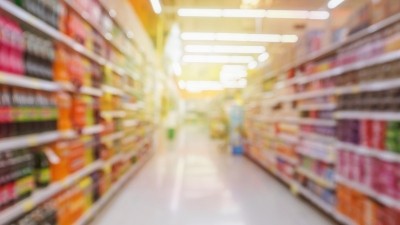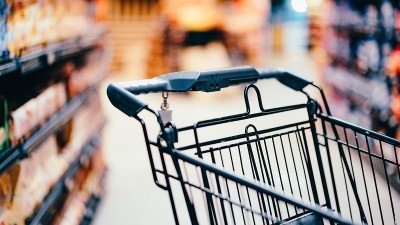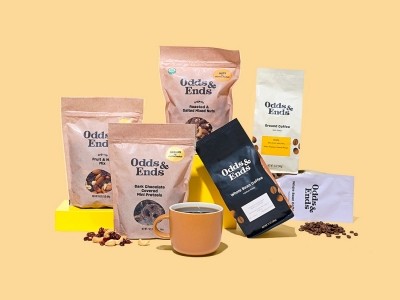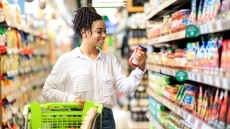Misfits Market enters logistic business, ‘extremely bullish on online grocery delivery’

Ramesh explained, “What we have under the hood is probably one of the most robust food supply chains for direct-to-consumer that exists out there today. And probably about a year and a half ago, maybe close to two years ago, when we had the realization, I said, ‘There's a lot of smaller brands that are struggling to get distribution, that are struggling to be profitable, that are struggling to invest in their own infrastructure. If we built all this infrastructure, why can't we lend that to them?’"
‘A huge benefit of consolidating all that scale under our operational umbrella’
Initially launched as a pilot project last year, Fulfilled by Misfits (FBM) is a business-to-business service that perishable brands can use to store, fulfill, deliver, and pick and pack orders through the company’s logistics platform, allowing brands to use Misfits' logistics to ship to other retailers.
Fulfilled by Misfits has a service pricing structure that allows brands to select the types of services that they want from Misfits. Current FBM customers include Spot & Tango, Cometeer, and Little Spoon.
Misfits came to this “next chapter” of its business after realizing it has built a logistic network and packaging capabilities that perishable brands can use to “empower their businesses,” Ramesh said. Since it was already packing boxes for its service, Misfits could offer the service to perishables brands at "a very low marginal cost," he added.
Misfits' scale as an online grocer — with its five warehouse located throughout the US and “hundreds of thousands of square feet of refrigerated and frozen warehouse space” — was also crucial to launching FBM, Ramesh said. “Without scale, you really can't get operational costs down to a point where the math makes sense,” he added.
“There's a huge benefit of consolidating all that scale under our operational umbrella. So, because our grocery business is as large as it is, we can allow other brands to kind of piggyback off of our [costs] ... and delivery is way lower than what they would get elsewhere because we have that scale. And it's also that flywheel as we continue to get scale [and] continue to get more brands on it, the cost continues to go down.”
State of online grocery delivery in 2024, Misfits Market expands private-label business
Ramesh remains optmistic about online grocery despite a slight decline in US-based online grocery sales for in-store pickup and delivery, which fell 1.2% in 2022 to $95.8bn over the prior year, according to Brick Meets Click.
“We are still extremely bullish on online grocery ... A lot of the industry trends ... show that online grocery adoption continues to increase. Consumers are used to the convenience now."
However, Ramesh admitted, the online grocery space needs to overcome some of the obstacles, Ramesh said. Consumers often have to pay a premium for products to ship to their door, and many online retailers can’t compete with the variety of products more traditional brick-and-mortar stores offer, he noted.
Misfits differentiates itself by providing “really good value” by having a “much more curated store" with a few thousand items, he added.
“Instead of 15 different types of peanut butter, you got two or three, but it's a really good value. It's sustainable, and it's delivered to your doorstep. And our hope is that those value props really resonate, and that's what allows our brands to grow, and that's what we've seen so far.”
Misfits also is expanding its private-label offerings over the year and using upcycled products to support its sustainability goals, Ramesh said. Among the retailer offerings, Misfits partnered with Belgian Boys to release a stroopwafel cookie made from repurposed waffle bits, and a broken jasmine rice, made from broken kernels, he noted.
“We have been investing in our private label for a couple of years now. We have a pretty robust assortment across everything from pantry staples to even some meat, seafood, deli, [and] dairy private label items. So, for the next couple of years, it's a huge area of investment for us. Our category expansion and SKU expansion, large part of it is in private label, because one its value to the customer, [and] two, it's a retention lever because it's your own brand. And three, we’re able to find really high-quality products that also a lot of times fit our sustainability mission.”

















